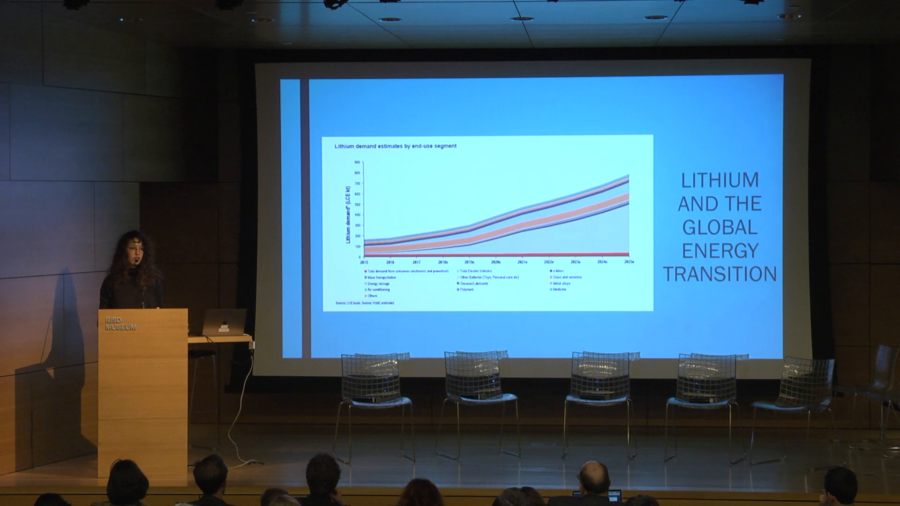In a world of globally-dispersed supply chains, an energy transition in the United States has implications for the extraction, production, and distribution of resources and technology in places well beyond US borders.
Archive
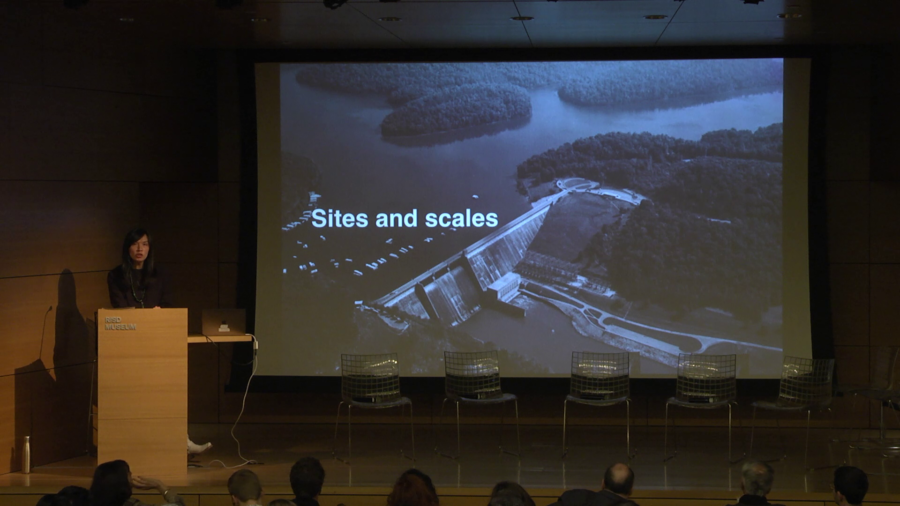
The urgency of climate change and the rise of a grassroots legislative political environmental movement in the United States should change the way urban planners think and act on spatial change and social justice.
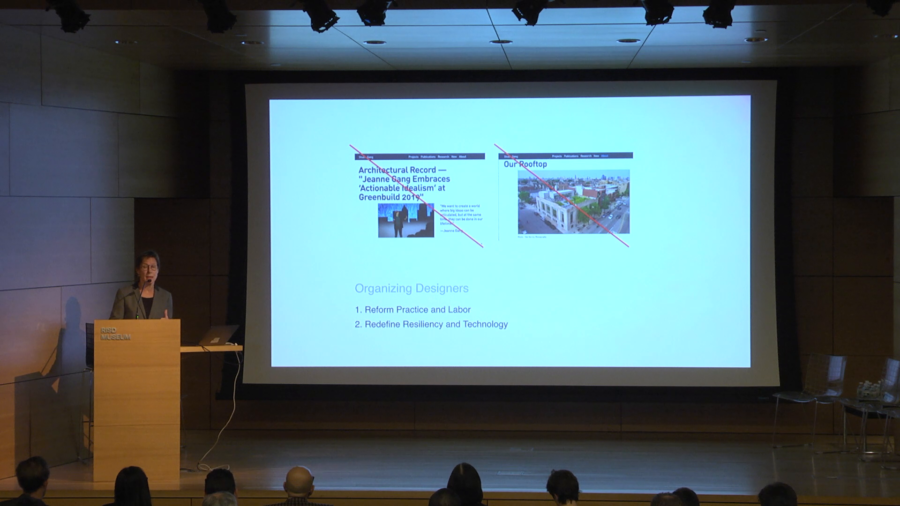
The main thing that we need to be doing is working as a discipline, as a profession, as a unified voice, so that we sit at the table of policymaking and are believed as not just ambulance-chasers for work for ourselves but as people with knowledge and whatever embeddedness in the community, and our design expertise within the community is absolutely essential.
By innovation policy what we’re really talking about is federal R&D programs. So despite the American economy’s reputation for being this quintessential free market system, much of the innovation and technological development in the American economy can be linked to direct government intervention.
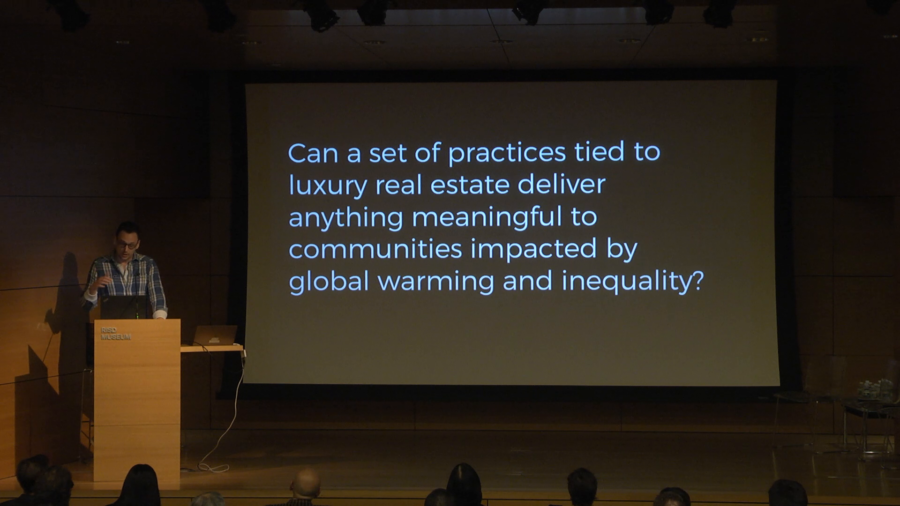
I think that Damian asked me here in large part to talk about this essay from last spring in Places Journal that begins pretty timidly with this line, I don’t know when the myth of designers as climate saviors began, but I know that it’s time to kill it.
Which as you can imagine got me invited to lots of dinner parties at Harvard.
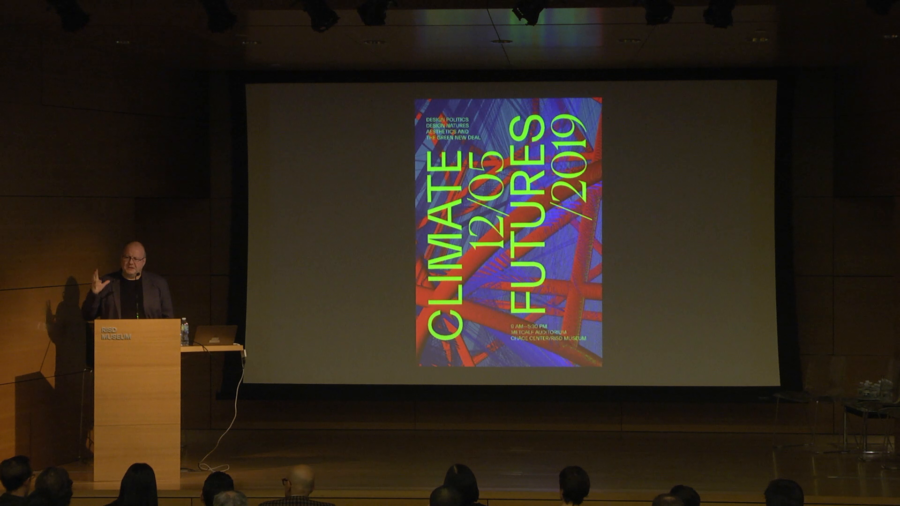
There’s much intellectual, cultural, and creative work to do. But it’s really important as well that we leave room for debate, discussion, productive critique, etc. So this event is not about the final moment. It’s not going to resolve nicely fluid disciplinary discussions. But it is going to be a kind of jamboree of kind of conflicting, interesting, diverse perspectives on post-carbon futures and so on.
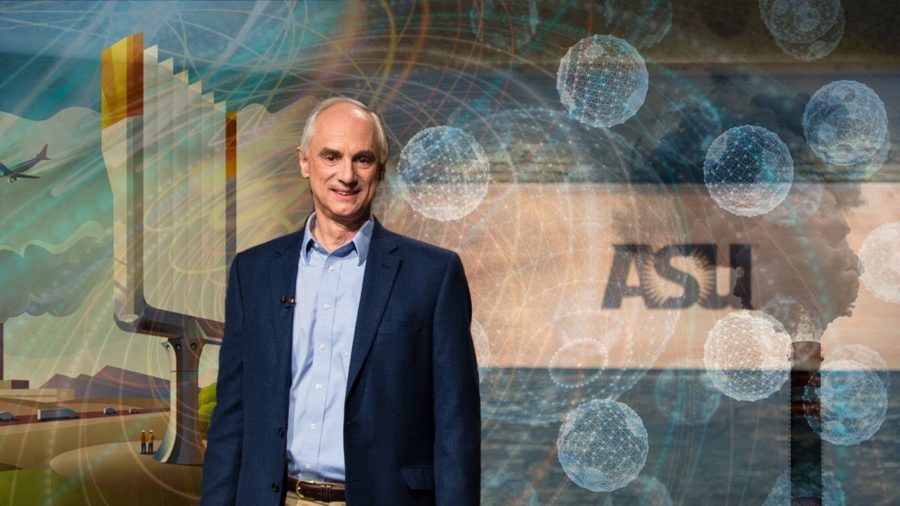
For this theoretical physicist here it seemed actually very simple. It’s a conservation law. If you take carbon out of the ground and you put it into the system it will stay there unless you take it back out. From a societal perspective, this is much much more complicated because as we fix it there will be winners and losers.
There are biologists who’ve spent their careers working on some species of beetle in the tropical rainforest, and they just love the rainforest in their bones And they feel that when they go testify in Congress to some committee, that they can’t just say, “I love it in my bones and you guys will love it too, if you share it with me.” They have to say, “Oh, we’ve done all this math and computed that there’s an ecosystem service here.” And I think that that has really impoverished our debate about environmental issues.

